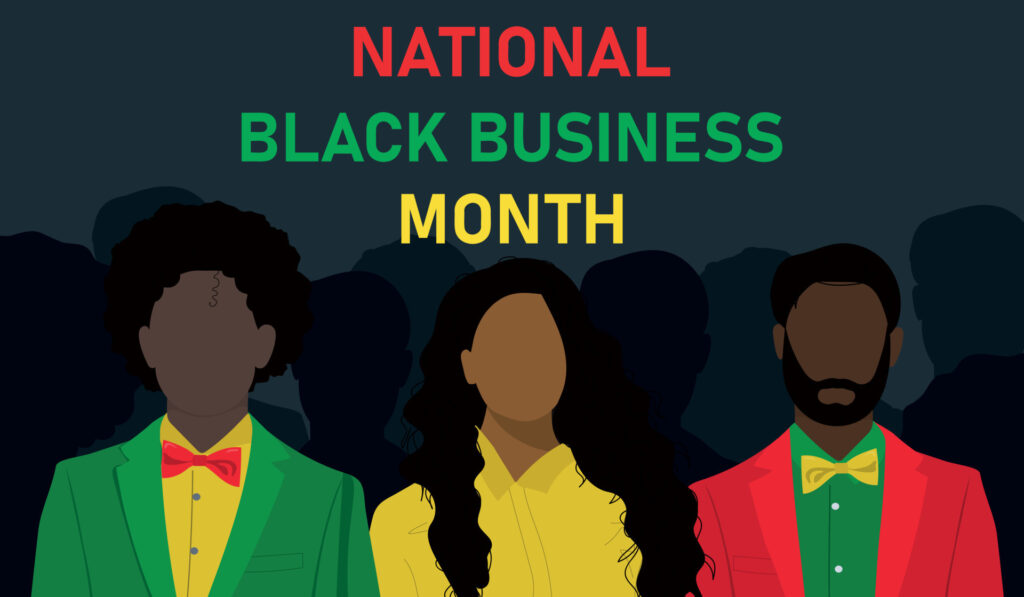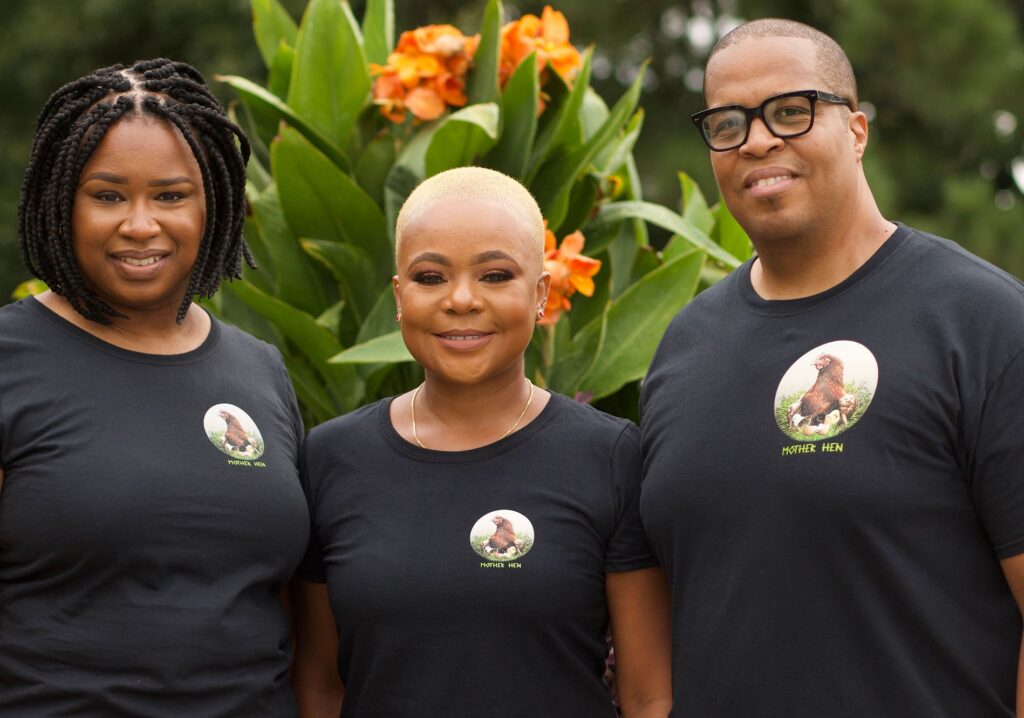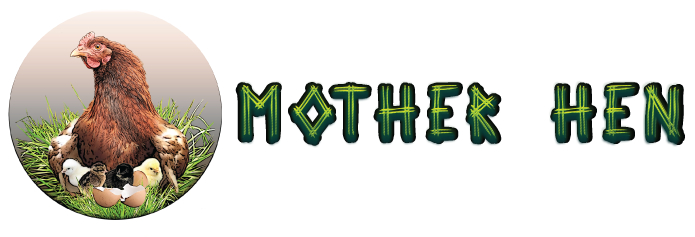Social Culture
Being a parent is hard work. This is especially when your teachings and lessons are not the only avenues for your children to learn. Also, there will inevitably be new situations your child encounters in which they may be unsure of how to navigate. As such, we decided to do a series on Social Culture. Here you will be able to find tips to help you maneuver the world inside and outside of your home. We would love to hear how these tools and tips are working for you once you have implemented them (info@2motherhens.com).
**Consistency is one of the most important aspects of effective parenting**
Welcome to the another installment of the SOCIAL CULTURE series:
Interracial Parenting Part 4
For the fourth and last installment of our series on Interracial Parenting, we would like to switch gears and discuss some of the experiences fathers may face when raising multiracial children. Just like mothers, fathers handle both internal and external struggles. Different racial backgrounds and experiences come to the forefront when raising multiracial children.
We will continue to share various excerpts from fathers representing multiple homes who shared their experiences raising multiracial children:
A common thread among many interracial and interethnic parents, regardless of the racial compositions of their families, was worrying about their children being discriminated against in the future in a number of ways. Mr. K, a biracial father married to a white woman, was concerned about how he would balance protecting his one-year-old son, who has black heritage, while letting him be a child: black parents have to raise their kids to be safe and white kids can do whatever they want. Invariably, he is going to be seen as a large, strong, black man when he is still a boy. How do we set things up so that he can have fun and just be a kid and be safe when this world that we live in won’t let him be?
Given the racism that they anticipated their children would experience, many parents took steps to prepare them. Mr. F, the black father of a five year-old boy and 23-year old girl whose mother is white, reported, “We’ve had the conversation of me teaching our children what it means to be black in America and how they’re going to be treated differently solely because of that.” Other parents of children as young as three expressed their aspirations that their children would be able to comprehend and stand up to racist actions and remarks, and many mentioned they were already consciously boosting their children’s confidence about their racial and ethnic identities to arm them against future discrimination.
However, fathers still struggle with protecting their children even with the talk. Sometimes it’s hard for kids to understand the social nuances happening in society, as one father expressed:
Kamau Preston reported “I cannot protect my son. I cannot protect my daughter. When a black teen does something, [it’s] “We’re gonna teach him a lesson.” And when a white teen does something, it’s “Oh, he’s a kid. It’s a phase.” The first time I spoke to him about this, he was about 10. And his response to me was, “Dad, I’m half-white.” And I was like, “I get that. But in everybody else’s world, you’re not. They think you’re black.” He’s having a hard time having to compute that.” (Roye & Glaude Jr., 2018)
Fathers just like mothers also grapple with their own cultural/racial biases which can have detrimental impact on their multiracial children.
Video:
However, fathers play an active and pertinent role in their children’s cultural development/cultural socialization rather than treating children’s cultural socialization as primarily the mother’s domain Novianti, Ria, Suarman, Islami, Nur, 2023; Seider, Huguley, McCobb, Titchner D Ward, Xu , Zheng, 2023).
I come from a culture where a substantial number of men know how to cook, so I prepare Caribbean food. I don’t expect this Norwegian woman to cook Trinidad food. I handle that myself so that they have access to the cuisine. I think it helps reinforce the culture.
-Thomas
Similar to Jimmy, Thomas also saw cultural festivals as an important tool for connecting his children with their heritage. He explained: “Carri-fest is a lively event and so that’s kind of a different type of experience and vibe then they would get in [their hometown].” Thomas added:
“I think having had that experience has reinforced certain cultural aspects and a lot of my friends from the Caribbean still view them (his children) as like their nephews, you know. So it’s nice to know that sense of culture because in the Caribbean, you know, you have all these extended family members that we don’t really differentiate.”
Thomas explained that participating in all of these different cultural practices helped his children feel a genuine connection to their Trinidadian heritage. He explained: “I think with them going away to college, I think they actually realize how much of a Caribbean influence they have.” He added: “I didn’t ask them to do this, but they had a big Trinidad and Tobago flag in the [dorm] room, and as a parent it makes you feel proud.”
In a multiethnic-racial families, figuring out and thinking about which practices, traditions, and values feel critical to them to carry forward, and which do not.
For example, Jae— a Korean American man raising two children with an Irish American woman— was highly invested in sharing aspects of Korean culture with his children but he also identified several aspects of traditional Korean culture he wanted to temper within his own multiethnic-racial family. First, Jae explained that some of the patriarchal dimensions of Korean culture meant that there were a variety of ways in his own childhood family in which sons were treated as more important than daughters and that he and his co-parent were committed to discontinuing those practices with their own children. Likewise, Jae explained:
“One of the values that is very important [in Korean culture] is education. I worry that in traditional Korean culture, it can go way overboard where it’s like if you’re not a doctor or a lawyer, then you’ve failed.”
Jae added that he appreciated his co-parent pushing him to be mindful of encouraging their children to explore their passions in whatever form they take. In reflecting on their approach to cultural socialization, Jae noted: “It’s always like a constant struggle of, what are the values that we want to keep and what are the values that we want to create?” Along similar lines, Marcus—an African American man raising three children with a European-American co-parent—explained that he and his wife have sought to find a middle ground between some of the authoritarian disciplinary practices he associates with many African American families and the permissive practices he associates with many white families. Reflecting on his experience in a multiethnic-racial family, Marcus observed: “I think I’ve learned a little humility as far as like, you know, does my culture offer the best solution to every issue? I say no.” Reflecting on his own disciplinary experiences as a child, Marcus explained:
“I certainly reflect on how to integrate some of those things and pass them down without stomping them all over everybody and having the worst of those things kind of get in there too. I want the best of those things, not the worst.”
Both Jae and Marcus perceived their ability to engage in such self-reflection about which cultural values and practices not to carry forward into their multiethnic-racial families as contributing to their children’s positive cultural socialization.
Finally parents themselves embracing their children’s multi-racial identities helps children accept all parts of themselves.
For example, Thomas—the Trinidadian man raising two sons with a Norwegian American woman— explained of his sons: “I feel good knowing they have access to two different worlds and I’m proud to be able to help them get that.” Along similar lines, Arash— an Iranian woman raising two daughters with a European American man— shared:
There are a lot of things I love about the United States, and I think that my daughters are perhaps one of the best things that encapsulates that for me where they have a lineage that goes back to the Mayflower as well as being first generation. And I think that there are very few countries where things like that are even possible. That is definitely not possible in Iran, so I think that’s something that should not be taken for granted (Seider, Huguley, McCobb, Titchner D Ward, Xu , Zheng, 2023).
References:
- HumanKind. (2017, August 16). Dad with mixed-race family confronts own racial bias [Video]. https://www.youtube.com/watch?v=Ug9Baj5YJKY
- Novianti, Ria & Suarman, Suarman & Islami, Nur. (2023). Parenting in Cultural Perspective: A Systematic Review of Paternal Role Across Cultures. Journal of Ethnic and Cultural Studies. 10. 22-44. 10.29333/ejecs/1287.
- Rosen JE, Greif G. The Voices of Interracial and Interethnic Couples Raising Biracial, Multiracial, and Bi-ethnic Children Under 10 Years Old. Child Adolesc Social Work J. 2021 Nov 19:1-13. doi: 10.1007/s10560-021-00805-5. Epub ahead of print. PMID: 34815618; PMCID: PMC8602978.
- Roye, R., Glaude Jr, E.S (2018, June 15). Black Fathers Share Lessons on Raising Sons in America Today. TIME. https://time.com/longform/black-fathers/
- Seider S, Huguley J, McCobb E, Titchner D, Ward K, Xu H, Zheng Y. How Parents in Multiethnic-Racial Families Share Cultural Assets with Their Children. Race Soc Probl. 2023;15(1):5-18. doi: 10.1007/s12552-022-09384-1. Epub 2023 Jan 5. PMID: 36628061; PMCID: PMC9815668.

We Are Celebrating
National Black Business Month!
As a black women-owned company, we are proud to celebrate National Black Business Month! Remember to circulate black dollars!

For those of our subscribers who find themselves in need and financially challenged, please be sure to reach out to us so that we can be of assistance.
Donations
Mother Hen is passionately committed to lending a helping hand to the underserved within the communities we serve. We are appreciative of any and all donations provided here. These donations will be used in entirety to provide services for underserved families as well as fulfill other specific outreach needs.
Outreach Initiatives:
- Community If your business would like to become a corporate sponsor and join us in supporting the community, please contact us directly.
- Family ServicesYour family service donation will directly help a family receive professional parental coaching sessions or services in navigating the school system to get the proper accommodations for their child to succeed academically.
- Corporate SponsorIf your business would like to become a corporate sponsor and join us in supporting the community, please contact us directly.
